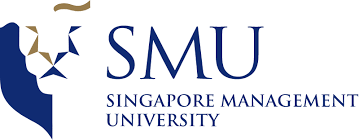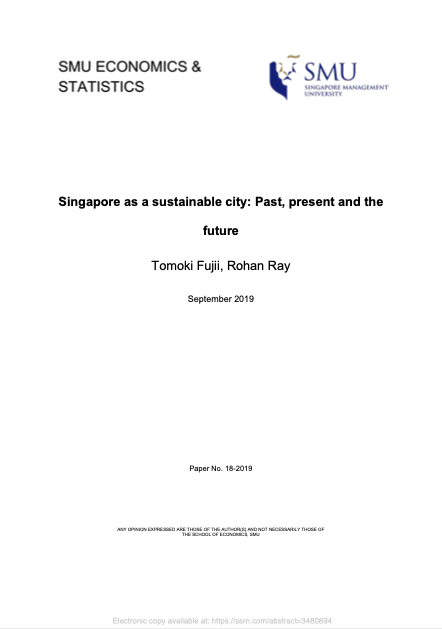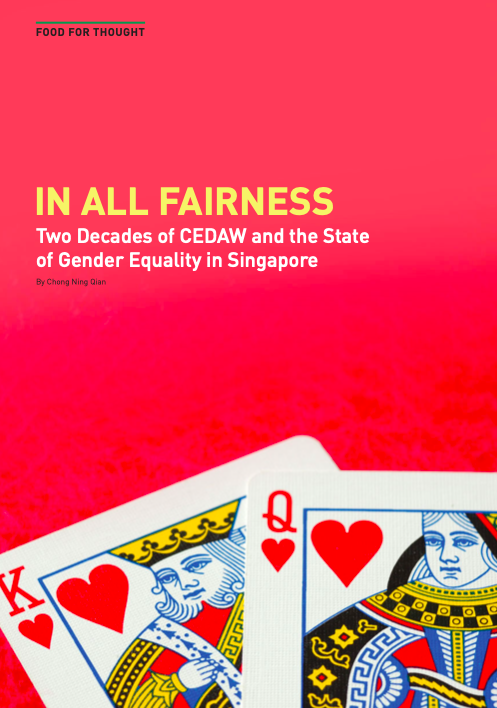Location
A premier university in Asia, the Singapore Management University (SMU) is internationally recognised for its world-class research and distinguished teaching. Established in 2000, SMU’s mission is to generate leading-edge research with global impact and produce broad-based, creative and entrepreneurial leaders for the knowledge-based economy.
Home to around 10,000 undergraduates and postgraduates, SMU comprises six schools:
- School of Accountancy
- Lee Kong Chian School of Business
- School of Economics
- School of Information Systems
- School of Law
- School of Social Sciences
SMU offers a wide range of bachelor’s, master’s and PhD degree programmes in the disciplinary areas associated with the six schools, as well as in interdisciplinary combinations of these areas.
SMU has an emphasis on generating rigorous, high-impact, and relevant multi-disciplinary research that addresses Asian issues of global relevance, SMU faculty collaborate with leading international researchers and universities from USA, Europe, China and India as well as with partners in the business community and public sector, through its research institutes, centres and labs.
SMU’s city campus is a state-of-the-art facility located in the heart of downtown Singapore, fostering strategic linkages with business, government and the wider community.
Members:
Resources
Displaying 1 - 2 of 2Singapore as a sustainable city
This paper outlines Singapore’s major sustainability challenges and its policy response in the areas of land use, transportation, waste management, water, and energy. We review the current and past Concept Plans from the perspective of sustainable land use and provide an overview of transportation policy in Singapore. We also examine Singapore’s policies to manage increasing wastes and review the four tap water management plan. Finally, we look at various initiatives by the government for sustainable use of energy.
In all fairness
In an inclusive society, all women would have equal opportunities as men to participate socially, politically and economically. They would be valued and recognised as individuals in their own right and not primarily defi ned by their marital and reproductive status. Has this been achieved in Singapore? Contrary to common belief, the nation still has some ways to go in this regard, for signifi cant groups of women in Singapore continue to be marginalised and disadvantaged.



